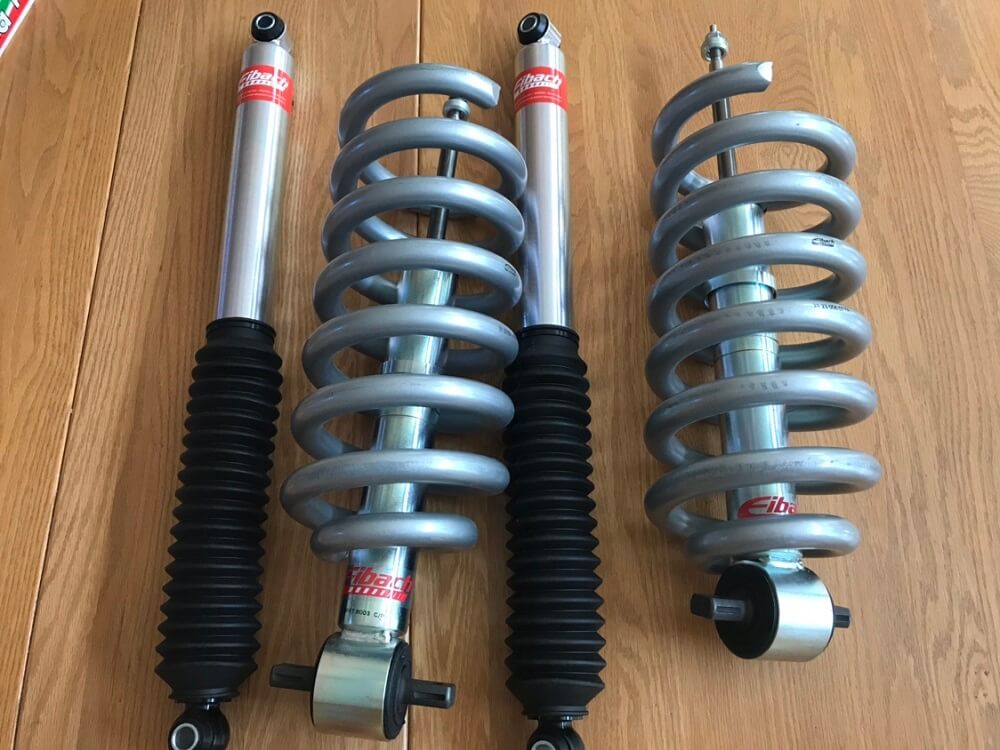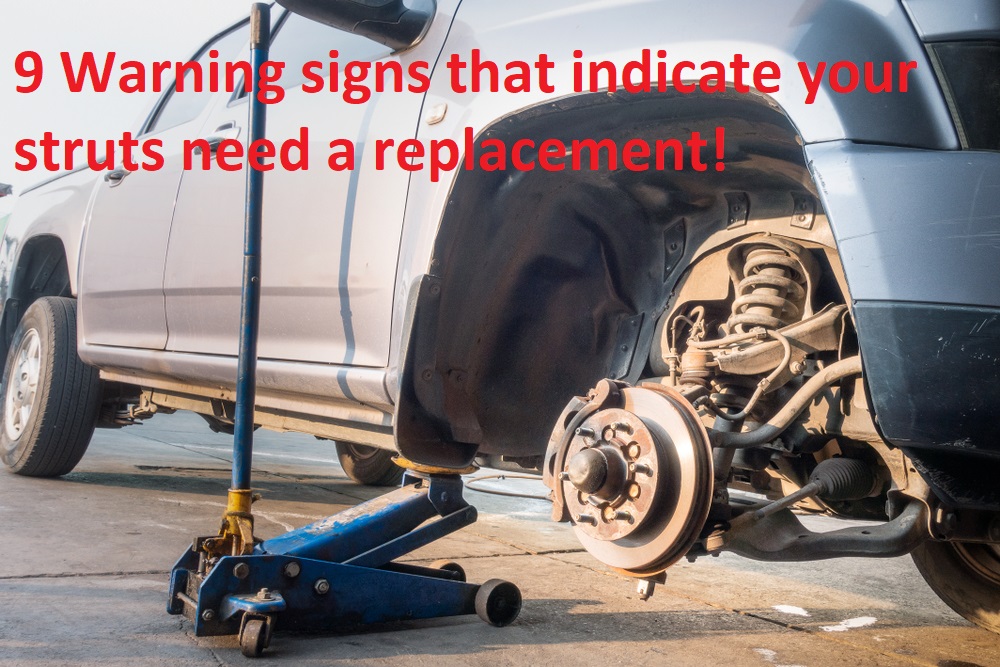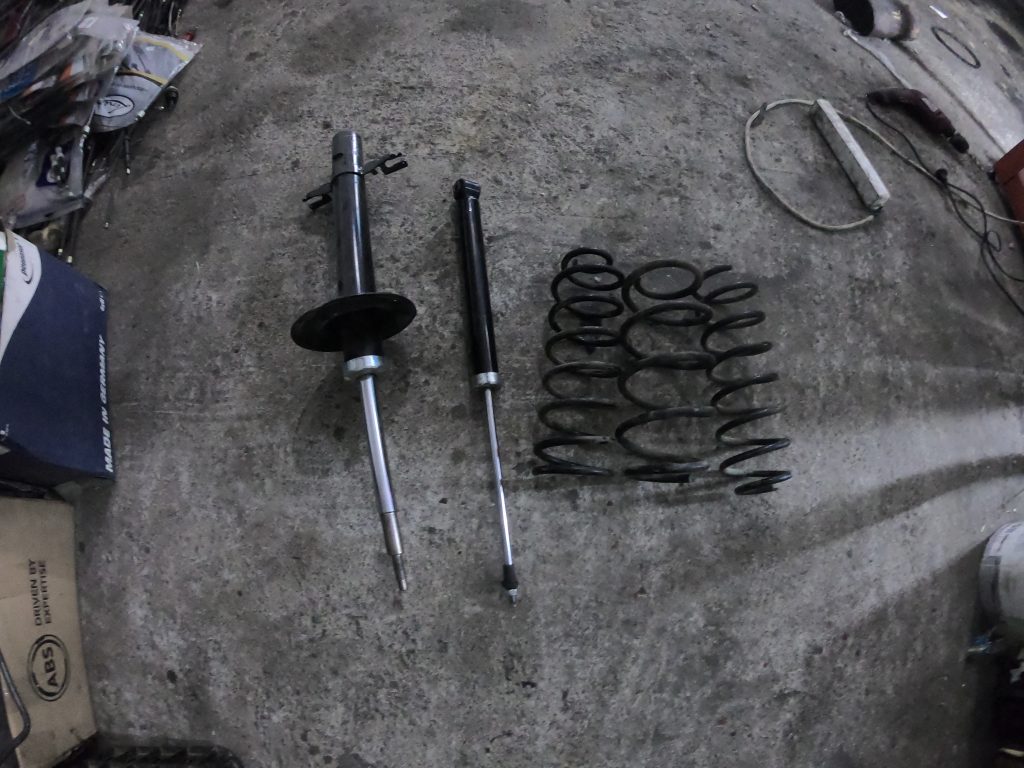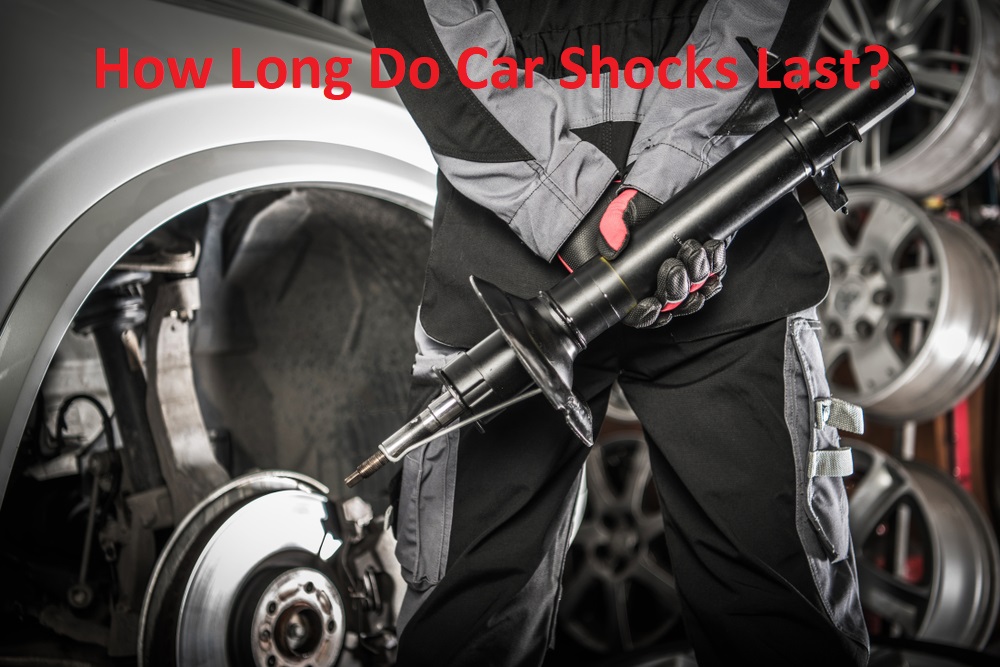When winter comes, you know that certain adjustments and maintenance must be done for your car to function properly. Some of the tasks include switching to a pair of snow tires, fixing your heater if it’s broken, and changing/inspecting your antifreeze levels.
However, we often forget the important role that the shock absorbers have when it comes to comfort and convenience.
So, does cold weather affect shocks? Yes, it does! A drastic decrease in temperature causes your shock absorbers to restrict the movement of fluid through the metering holes as the oil inside gets thicker and denser. In general, all of the suspension components get stiffer and thus affect your vehicle’s overall ride and handling. Warm and dry conditions are better suited.
What is the temperature at which a shock absorber will fail to operate properly?
When cold weather hits, make sure to follow the manufacturer’s instructions for your vehicle. Usually, the temperature at which your shock absorbers will fail to serve you is somewhere around -25 F/-32 C.
In the coldest regions of North America and Russia, temperatures can drop to a whopping -60 degrees F (-55 C) or below. When operating in these cold conditions, a shock absorber will no longer be able to offer the desired performance. This results in an uncomfortable ride that can be the reason for hefty expenses if you accidentally hit a big bump!
How should I protect my car’s shock absorbers in winter?
Be a cautious driver

One of the biggest things to have in mind is to avoid potholes as much as you possibly can. When cold weather hits, the road surfaces are more prone to damage, which can potentially affect your ride in a negative way!
Warm-up your vehicle before driving, or should you?
Shocks do warm-up, and they, like tires, have an optimal working temperature. Furthermore, rubber bushings will warm up too, resulting in a considerably smoother ride.
You should plan ahead and leave your house a couple of minutes earlier so that you give the engine some time to warm up. This habit will not only protect your suspension but will also protect your engine too.
However, newer cars have electronic fuel injectors that can sense cold conditions and discharge additional petrol into the gas-air mixture to compensate for evaporation.
That means as soon as your engine starts up, it should be good to go. So, by idling your automobile, you’re simply releasing additional gas into your engine that isn’t being used.
That being said, even if the only benefit you have in preparing your suspension for a smoother ride by idling in place, I totally think it’s worth it.
Road salt is your car’s biggest enemy
Corrosion is another thing you should look out for. Road salt is bad news for cars. It causes corrosion, which starts under the surface of your paint and can quickly bubble up into bigger problems before you know what hit your car!
The worst thing about salted roads is all those suspension parts that are made of metal. Make sure to check your shocks regularly. That way, you can prevent corrosion from building up before it’s too late.
Added weight should be avoided
Remove excess weight from your vehicle. This is another thing that will help you keep vibrations low even in cold weather.
High-quality shocks are recommended

Finally, you should use good quality shock absorbers. They should be able to withstand cold weather conditions. Cheap shock absorbers often have low-quality oil with a viscosity that varies a lot at low temperatures.
Spending an additional chunk of money to be safe during the winter season is something you should definitely consider. Especially if the area you live in has extreme temperatures that go way below zero.
Does cold weather affect air suspension?
The same way cold weather affects the metal construction of suspension components, it also affects the air in your air suspension system. With cold weather comes denser air, and thus your vehicle’s air suspension stiffens. As long as your air suspension works, though, you’re fine.
So whether you are using air suspension or coilovers, cold affects them both equally.
Conclusion
Having that said, the summary of this article is that the impact that cold weather has on your shock absorbers is immense. With all this information, I hope that you will have a much clearer picture of this topic. We have plenty of articles that will help you maintain and repair your suspension system. You should definitely check them out if you are a DIY tinkerer like us!





